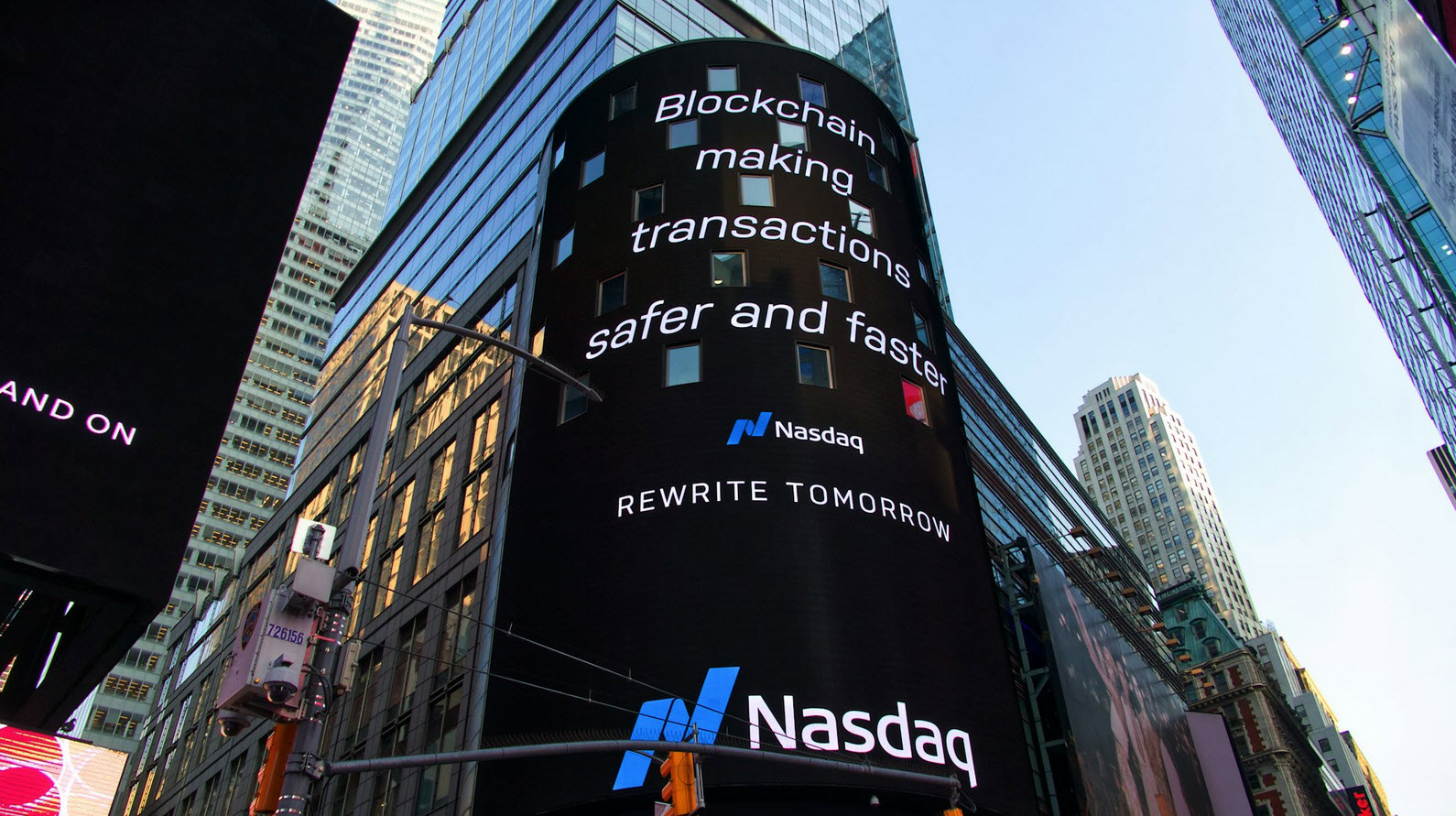
Hello, we’ve recently been hearing a lot of people wondering which VPN is the best for keeping your information safe. We have personally compiled the complete list of necessities for when you’re picking out which VPN you will trust with all of your sensitive data.
So, a big part in choosing the right VPN is first deciding what you are attempting to hide from? Or what you are trying to bypass?

For Example: If you are simply trying to bypass your college’s network restrictions, using a popular option such as “HideMyAss” or “GhostVPN” is more than adequate. However, if you use public networks quite often than it is recommended to use NordVPN, you can get it here: https://play.google.com/
On the other hand, if you are in need of a VPN for OpSec when hacking (or doing any Black Hat activities), you may want to carefully read my list below for options that are absolutely necessary when choosing the safest VPN. All of the information listed below should be given out by the VPN provider, if not, contact them.
If they don’t respond within 24 hours, the service is most likely not worth your time.
1. Offshore Host
It is absolutely ESSENTIAL that your host is offshore. What I mean by offshore, is the servers MUST be outside “the five eyes“. The five eyes are Australia, Canada, New Zealand, the United Kingdom, and the United States. Staying out of the five eyes is absolutely essential when it comes to being completely anonymous online.
2. No Logs
Now, this is also EXTREMELY important when it comes to maintaining your online security. VPN providers logging what you do is very risky in the event they were compromised and because THEY will have your information.
Many of the VPN’s here advertise that they have “No Logs“. Now, before people start to hate on me for thrashing their service, let’s be completely real, that is B.S.. Without logs they would be unable to limit your traffic usage, limit the number of simultaneous connections, prevent DDOS attacks.
For all those to be possible, some level of logging is necessary.
3. Updated Encryption
Using modern encryption methods is not as common as some people might think. For my standards of a VPN, the encryption must be at LEAST: OpenVPN with 2048 bit or (4096 RSA, DHE-RSA-AES256, SHA, AES256-CBC-SHA).
4. Anonymous Payments
If the VPN you are considering does not accept anonymous payments, (BTC, PerfectMoney, etc.) Then move on to another one. Paying with PayPal would be VERY unsafe as the VPN provider would have your info and results could end up with the police.
5. Sign Up
If the Provider even asks for your first or last name, just forget about it. There is no reason that is necessary and no reason for you to give it to them.
6.Supports your traffic
This is not a measure of safety, just common sense that the VPN you buy, should support what you want to do. Example: If you want to watch Netflix, it should allow Netflix.
7. Prevents DNS leaks from IPv6
This is surprisingly not very common and when a VPN provider offers IPv6 for some reason users think it means its advanced in some way… IPv6 is extremely vulnerable and should even be disabled on your computer. It allows people to sniff your traffic and leaks your DNS to intruders. AVOID it at ALL costs.
8. READ the T.O.S.
Most people, including myself, overlook the T.O.S. and just click the little agree button. However, when purchasing the VPN that could prevent jail time, I would recommend actually reading it to make sure there are no “catches” that could compromise your security.
9. Hardened Servers
Just make sure the VPN servers are protected from known AND unknown vulnerabilities.
10. Port Forwarding
This is only if you need it for your particular activities. Otherwise, not necessary although common offered.
All credit goes to "Max"








